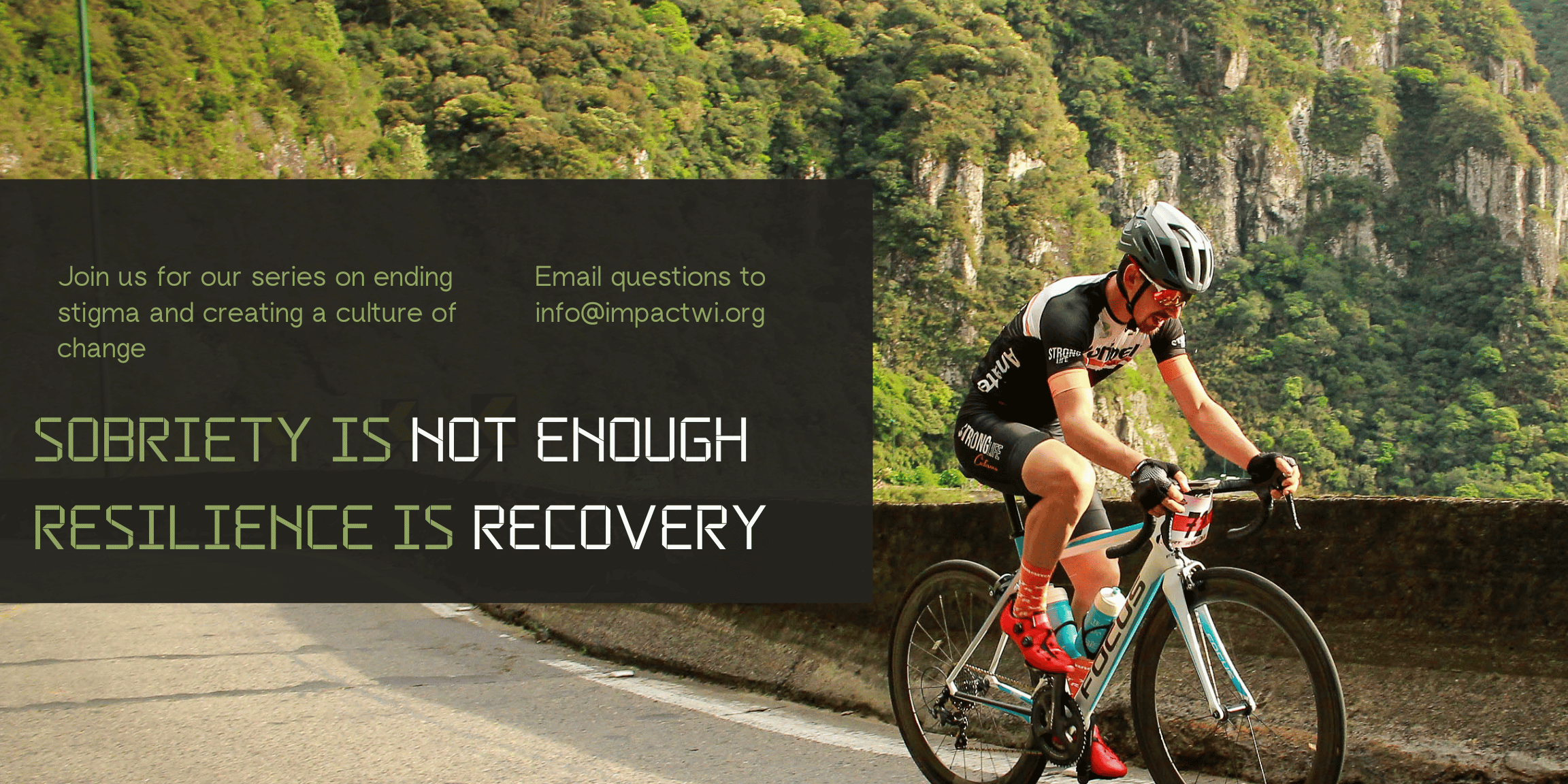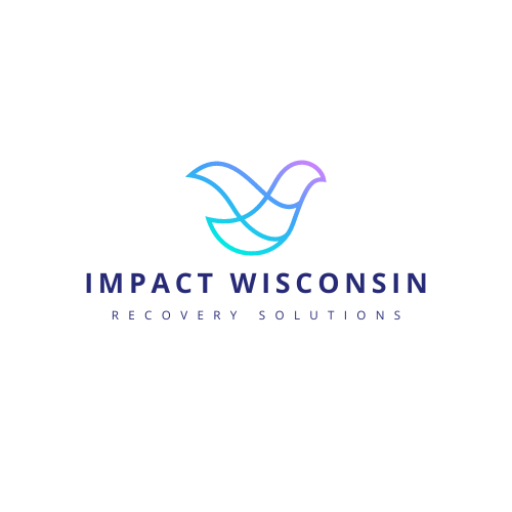
Sobriety is not a bad way to measure recovery. In fact, it is a very important measure of recovery. However, it is not the only measure of recovery. There are many other factors that can contribute to recovery, such as mental health, physical health, and social support.
Sobriety is important because it means that a person is no longer drinking or using drugs. This can be a very difficult thing to do, and it is important to recognize and celebrate successes in recovery. However, sobriety is not the only measure of recovery. There are many other things that can contribute to a person’s recovery, such as mental health, physical health, and social support.
Mental health is important because it can affect a person’s ability to cope with stress and temptation. It can also affect a person’s relationships and their ability to function in everyday life. Physical health is important because it can affect a person’s overall well-being. It can also affect a person’s ability to cope with the side effects of addiction treatment. Social support is important because it can provide a person with a sense of belonging and connection. It can also provide a person with a source of support and encouragement.
All of these factors can contribute to a person’s recovery. It is important to remember that recovery is a journey, and it is different for everyone. There is no one right way to recover. What is important is that a person is making progress and that they are finding what works for them.
Here are some tips for measuring recovery that include more than just sobriety:
- Track your mental health. Keep a journal or use an app to track your mood, anxiety, and stress levels. This will help you see how your mental health is changing over time.
- Track your physical health. Get regular check-ups with your doctor and dentist. This will help you stay on top of any health problems that may be related to your addiction.
- Track your social support. Keep a list of people who are supportive of you and who you can call on for help. This will help you feel connected and supported.
- Track your progress in recovery. Keep a list of things you have accomplished in your recovery, big and small. This will help you stay motivated and see how far you have come.
Remember, recovery is a journey. There will be ups and downs along the way. But if you are making progress and finding what works for you, you are on the right track.
Where to start? The Winter of 2022
As the cold winds of the winter of 2022 swept through, they brought with them a period of introspection and realization that would forever alter the course of my life and work. This season wasn't marked just by the chill of the season; it was a chilling recognition...
Impact Wisconsin Announces Exciting Update of Peer Resiliency Support Specialist Training
We at Impact Wisconsin are thrilled to announce the launch of our latest initiative, the Peer Resiliency Support Specialist Training program. Designed to empower individuals with lived experience in substance use disorder and mental health recovery, this program is a...
Beyond Sobriety: How the Recovery Capital Index Guides Holistic Healing
In the journey of recovery, measuring progress extends far beyond the binary measure of sobriety. While abstaining from substances is a significant achievement, it represents just one facet of a multi-dimensional process. At Impact Wisconsin, we understand that...
The Recovery Capital Index
The Recovery Capital Index (RCI) is a tool that measures the well-being of people who are recovering from addiction. The RCI was developed by Face It TOGETHER, a non-profit organization that provides support to people who are recovering from addiction and their loved...
Resilience Part 2
Resilience is the ability to adapt to change and bounce back from adversity. It is a key factor in addiction recovery, as it allows people to cope with the challenges of addiction and rebuild their lives. There are many ways to measure resilience, but some common...
